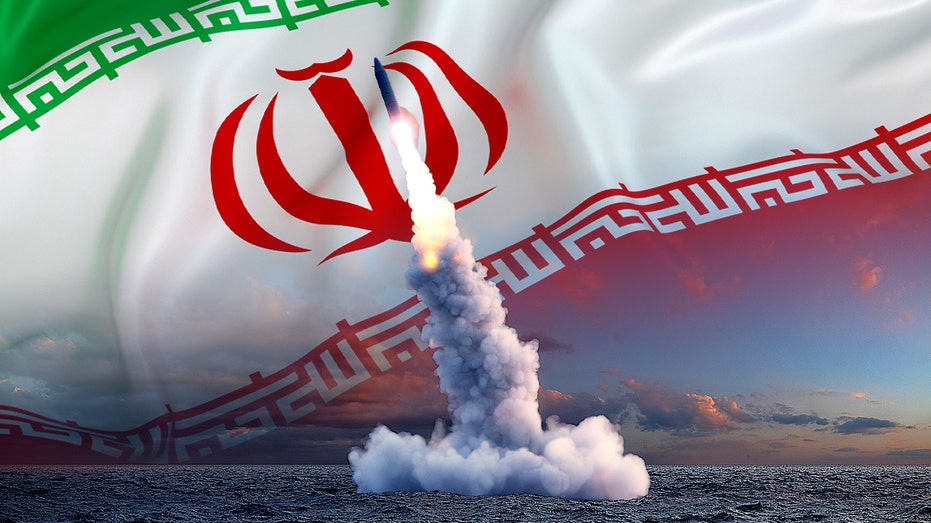Breaking: New Intelligence Confirms Iran's Nuclear Weapons Program Remains Active
Austrian intelligence warns Iran persists with nuclear program amid ongoing indirect US talks to dismantle Tehran's atomic arsenal.

A new intelligence report from Austrian officials alleges that Iran is actively continuing its nuclear weapons program, aiming to enhance its missile capabilities for long-range attacks. This assessment stands in direct contradiction to the U.S. Office of the Director of National Intelligence (ODNI), whose most recent evaluation maintains that Iran is not currently developing nuclear weapons and that Supreme Leader Ayatollah Ali Khamenei has not authorized the resumption of a program he put on hold in 2003.
Austria's Federal Office for the Protection of the Constitution, the nation's primary domestic intelligence agency, issued a report on Monday asserting that the Islamic Republic of Iran is pursuing comprehensive rearmament, including the development of nuclear arms. The report states that these efforts are designed to fortify the regime against external threats and strengthen its influence across the Middle East and beyond. According to the report, "The Iranian nuclear weapons development program is well advanced," with a steadily growing arsenal of ballistic missiles capable of carrying nuclear warheads over considerable distances.
An intelligence document reviewed by Fox News Digital also suggests that Iran has set up "sophisticated sanctions-evasion networks," the benefits of which have reportedly extended to Russia. These findings could complicate current diplomatic efforts led by President Trump to resolve ongoing tensions surrounding Iran's nuclear ambitions. A White House official responded to the Austrian claims, emphasizing, "President Trump is committed to Iran never obtaining a nuclear weapon or the capacity to build one."
Iran’s activities were highlighted extensively in the Austrian intelligence report, which referenced Iran as a state sponsor of terrorism and cited its illegal atomic weapons program 99 times within its 211 pages. The report further noted Vienna’s role as a hub for Iranian diplomatic operations in Europe, suggesting that Iranian intelligence officers often operate under diplomatic cover within the city.
The Austrian agency warned that Iranian intelligence services consistently develop and implement strategies to circumvent restrictions on acquiring military equipment, sensitive technologies, and materials relevant to weapons of mass destruction. Austria’s concerns echo those raised by other European intelligence services; both Germany and the United Kingdom have previously expressed skepticism regarding the U.S. determination that Iran’s nuclear weapons program ended over two decades ago.
In 2021, these apprehensions were underscored when a Belgian court convicted Asadollah Asadi, a former Iranian diplomat stationed in Vienna, for planning a bombing at a major opposition gathering near Paris. The event, attended by several high-profile figures including former New York City Mayor Rudy Giuliani, highlighted Iran's continued engagement in clandestine activities across Europe.
David Albright, president of the Institute for Science and International Security in Washington, D.C., weighed in on the conflicting assessments. He described the U.S. intelligence community’s position as outdated, referencing similar misgivings communicated by German and British officials in the past. "The Austrian report in general is similar to German and British assessments," Albright said, noting that disagreements over the interpretation of available intelligence have been ongoing since at least 2007.
Recent years have seen further evidence of Iran's efforts to advance its nuclear capabilities. In 2023, European intelligence reports indicated that Tehran had tried to bypass international sanctions by illegally seeking technology critical to its nuclear weapons program, potentially with the aim of testing an atomic device. Additionally, documentation from both before and after the 2015 Iran nuclear deal (JCPOA) suggests that Tehran has repeatedly attempted to acquire technology for its chemical, biological, and nuclear weapons programs.
The Austrian report also accused Tehran of supplying weapons to groups designated as terrorists by the U.S., namely Hamas and Hezbollah, as well as various Syrian militias.
Official responses from the Office of the Director of National Intelligence, the U.S. State Department, and the U.S. National Security Council were not immediately available. A spokesperson for ODNI declined to comment on the Austrian findings.




